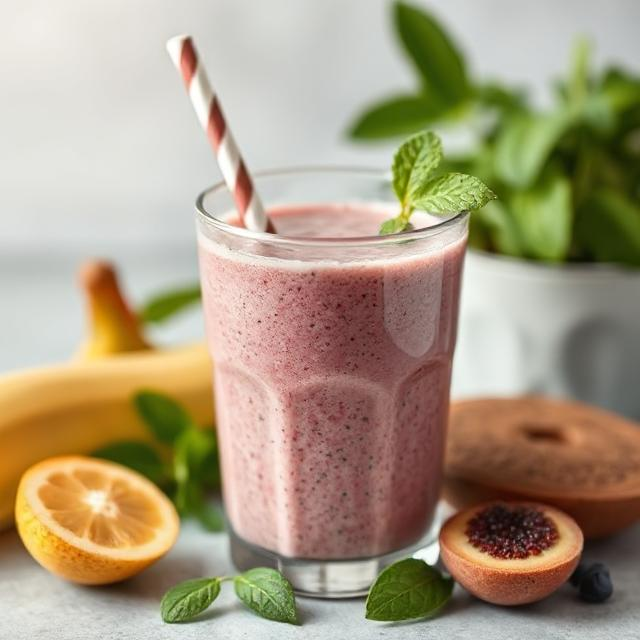
Chemotherapy Diet: Nourishing Your Body Through Treatment
The side effects of chemotherapy can make everyday activities, including eating, feel challenging. However, the right diet can play a crucial role in helping you feel better, managing side effects, and supporting your body’s healing process.
Why Nutrition Matters During Chemotherapy


Chemotherapy can affect your body in many ways, from fatigue and nausea to changes in taste and appetite. Proper nutrition is essential because it helps manage these side effects, supports your immune system, and provides the energy needed for your body to heal.
Key Nutrients to Focus On:
Protein
Protein helps in repairing tissues, maintaining muscle mass, and supporting the immune system, all of which are essential during chemotherapy. Chemotherapy can cause muscle loss and fatigue, so getting enough protein is crucial.
Good Sources of Protein:
- Chicken, turkey, or fish
- Eggs
- Legumes like lentils and beans
- Greek yogurt
- Nut butters and seeds
Healthy Fats
Healthy fats provide a concentrated source of energy, which is important when appetite is low. They also play a role in helping to absorb vitamins that are fat-soluble (like vitamin A, D, E, and K).
Healthy Fat Sources:
- Avocados
- Nuts and seeds
- Olive oil
- Coconut oil
- Fatty fish like salmon
Carbohydrates
Carbs are your body’s primary energy source, especially when undergoing treatment. Choose complex carbohydrates to keep your energy levels steady throughout the day.
Healthy Carbs:
- Whole grains like brown rice, quinoa, and oatmeal
- Sweet potatoes and other starchy vegetables
- Fruits like bananas, apples, and berries
- Vegetables like spinach, broccoli, and carrots
Essential Vitamins & Minerals:
- Vitamin C: Citrus fruits, bell peppers, strawberries, and broccoli.
- Vitamin D: Fatty fish, fortified dairy, and sunlight.
- Zinc: Meat, shellfish, legumes, and seeds.
Managing Common Side Effects of Chemotherapy Through Diet:
Nausea and Vomiting
Nausea is one of the most common side effects of chemotherapy. To combat this:
- Eat smaller meals more frequently throughout the day instead of large meals.
- Stick to bland foods like crackers, toast, rice, and applesauce.
- Ginger and peppermint can help settle your stomach—try ginger tea or ginger candies.
- Stay hydrated: Sip on clear fluids, such as water, herbal teas, or clear broths, throughout the day.
2. Loss of Appetite
Losing your appetite can make it difficult to eat enough. Here are some strategies:
- Opt for high-calorie, nutrient-dense foods like smoothies, protein shakes, or full-fat yogurt.
- Add extra healthy fats (e.g., avocado, nuts, olive oil) to meals to boost calorie intake without increasing portion size.
Changes in Taste
Chemotherapy can alter the way food tastes. If food tastes metallic or bland, try:
- Eating cold foods, as they may have a less pronounced taste than hot foods.
- Using lemon, herbs, or spices to enhance the flavor of meals (but avoid spicy or acidic foods if they irritate your mouth).
- Drink with meals: Sometimes sipping fluids like juice or smoothies while eating can help mask unpleasant tastes.
4. Mouth Sores and Dry Mouth
Chemotherapy can cause mouth sores or dry mouth, making eating difficult. Here’s how to manage it:
- Soft, moist foods are easier to eat, like mashed potatoes, soups, yogurt, and smoothies.
- Drink plenty of water or aloe vera juice to soothe dry mouth.
- Avoid acidic, salty, or spicy foods that can irritate sores.










